QTRL Cohort 2022-23
We are thrilled to announce the incoming 2022-23 cohort for the Queer and Trans Research Lab at the Bonham Centre for Sexual Diversity Studies. Please see the link below for details and join us in congratulating these amazing scholars, artists, students, and community leaders.
Faculty Lead and Director of the Mark S. Bonham Centre for Sexual Diversity Studies
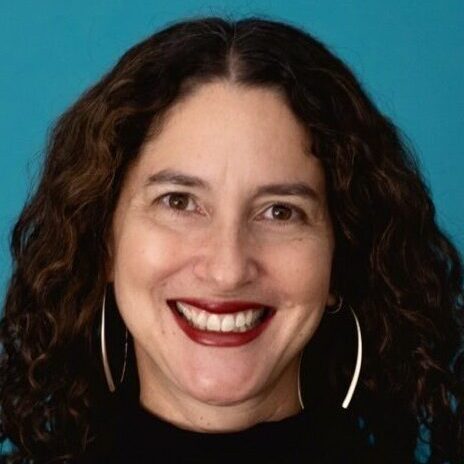
Dana Seitler is Professor of English and Director of the Bonham Centre for Sexual Diversity Studies at the University of Toronto. She is the author of Atavistic Tendencies: The Culture of Science in American Modernity (University of Minnesota Press, 2008) and Reading Sideways: The Queer Politics of Art in Modern American Fiction (Fordham University Press, 2019), which was a 2020 finalist for the Lambda Literary Award for Best Book in LGBTQ Studies. She has published in several academic journals including American Quarterly, GLQ, Criticism, Cultural Critique, American Literature, Genre, and A/SAP. Her current project, Narcopoetics: Withdrawal, Biopolitics, Ecstasy focuses on the politics and aesthetics of the opioid crisis at the intersections of race and sexuality in the U.S.
Research Associate: QTRL Program Coordinator
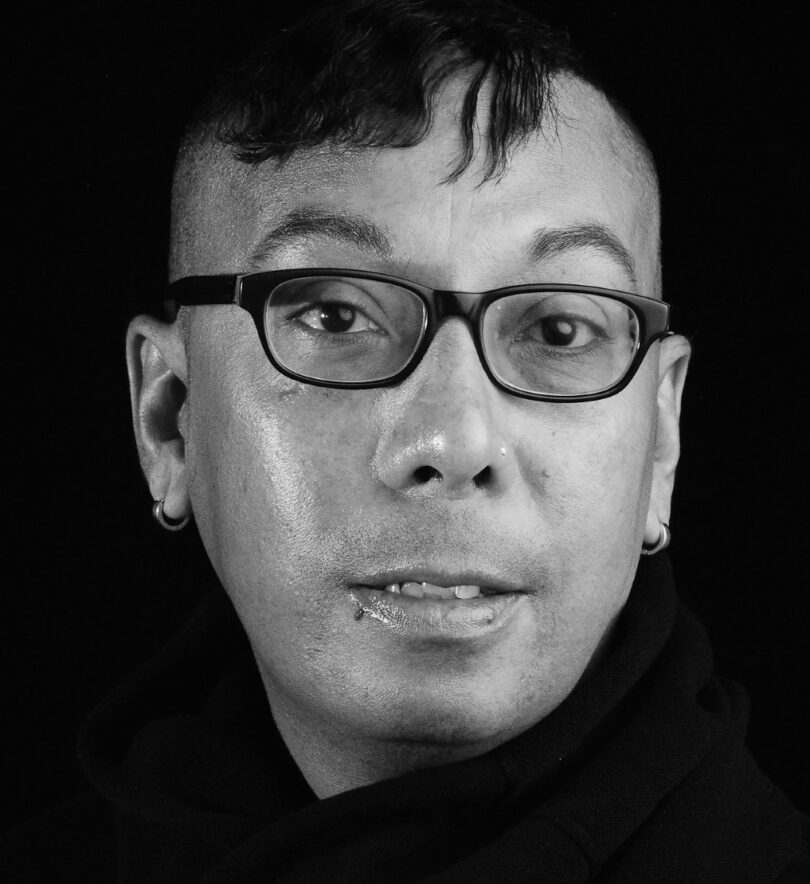
Christopher Smith received their Ph.D. from the Department of Social Justice Education – Ontario Institute for Studies in Education (OISE) / University of Toronto in 2020. Their research interests reside in the productive interstices of Black Diaspora Cultural Studies, Black expressive cultures and practices, Social & Cultural geography, Queer of Color Critique, and Black Feminist theories of decolonization.
Their first manuscript tentatively titled “Itinerant Hospitalities: Black. Queer. World-making”, explores the aesthetic and performative strategies cultivated by contemporary Black LGBT+ artists and activists that enable collective responses to the persistence of HIV in Black communities globally.
Their most recent publication is “Where U From, Who U Wit!?”: Black Pride Festivals as Itinerant Hospitality” in the special issue “Queer Canada” in the Journal of Canadian Studies (2020). Their book chapter, co-authored with Dr. Heather Sykes, “Trans*, Intersex and Cisgender issues in Physical Education and Sport” (2016) offers a decolonial analysis of Trans* inclusive policy initiatives addressing Trans* experience in K-12 educational settings. It will be reprinted in the 2nd edition of Queerly Canadian: An Introductory Reader in Sexuality Studies in 2022 by Canadian Scholar’s Press.
Multimedia Specialist
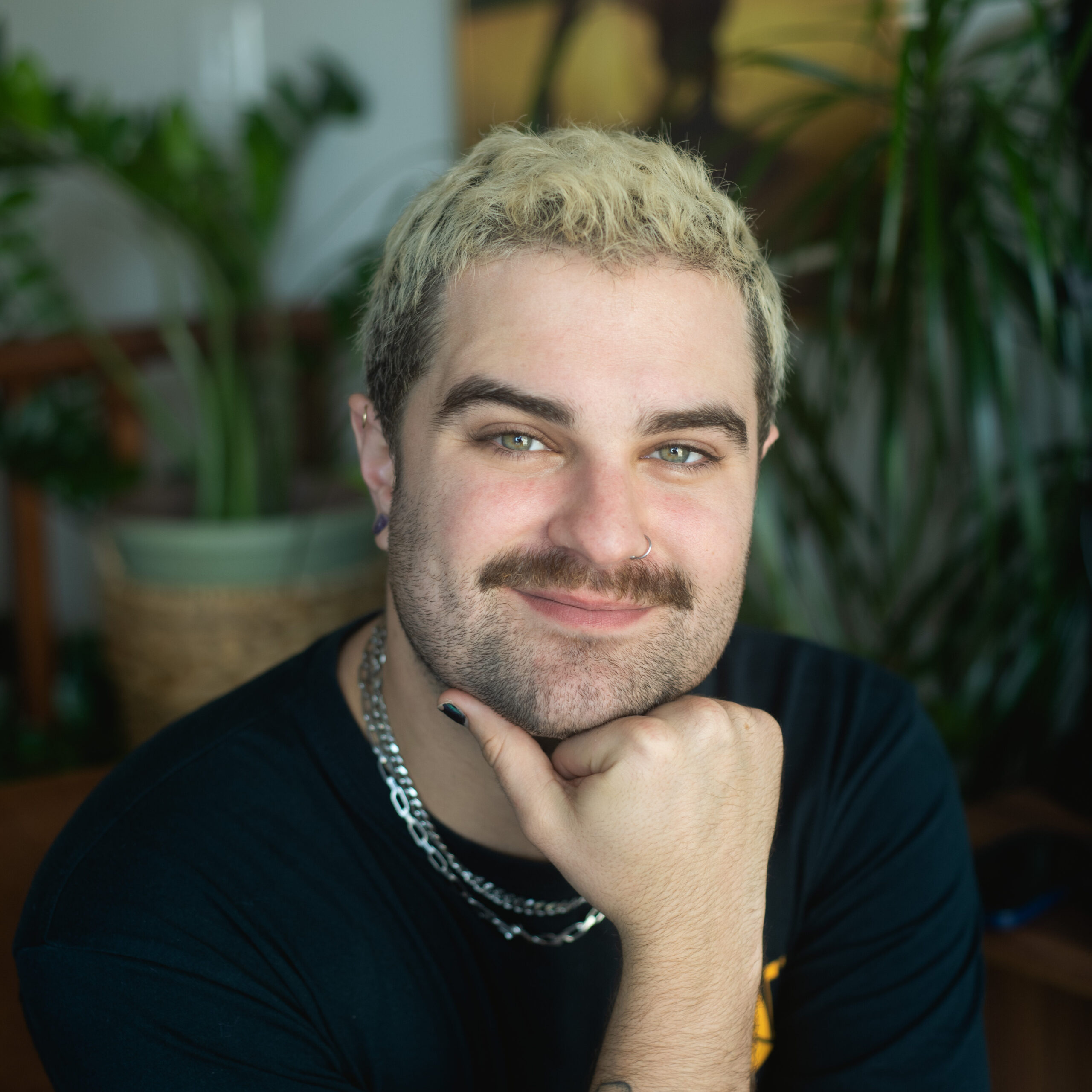
Elliott Tilleczek is a visual artist and Phd candidate in the Anthropology and Sexual Diversity Studies departments. Elliott’s research, artistic, and personal interests intersect broadly at the point of digital media and queerness. In their dissertation project “Engaging Influencer Politics: Queer Invention and Affective Activism on Social Media”, Elliott asks: how do platform politics, algorithms, and other opaque programs interact with and shape activism? how are queer activists affected by these multiple processes of mediation, and how do they make sense of their online activism? Elliott’s visual art can be found here.
Artist-in-Residence
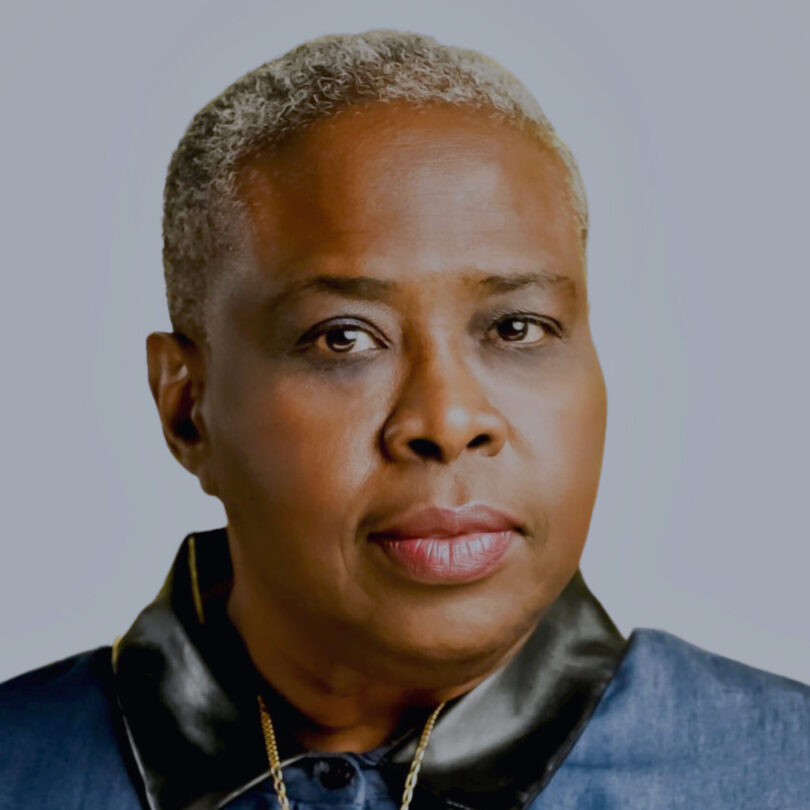
Rhoma Spencer is a Trinidadian Canadian queer actor, director, playwright, comedian and docu-filmmaker. A graduate of York University with an MFA in Directing, she formed the Theatre Archipelago in 2005 and, under her artistic direction, the company produced Mad Miss /Just Jazz in 2005, Fallen Angel and The Devil Concubine (2006), Twilight Café (2007), I Marcus Garvey (2009), and Obeah Opera (2012). She is the recipient of a U.S. House of Congress Proclamation and the Borough President of NYC Proclamation for her contribution to Caribbean theatre. In 2017, she founded the Canadian-Caribbean Arts Network. Most recently, Spencer wrote and directed the highly successful Physical Theatre Performance “Queerantine.” During the time of her residency, Spencer will write a musical based on the life of queer Caribbean icon and the “undisputed Calypso Queen of the world,” Calypso Rose: McCarta Linda Monica Sandy-Lewis. Her residency will culminate in a staged reading of the musical with a cast of Canadian actors and a guest actor from Trinidad and Tobago to play the role of the young Calypso Rose.
Martha LA McCain Faculty Research Fellows
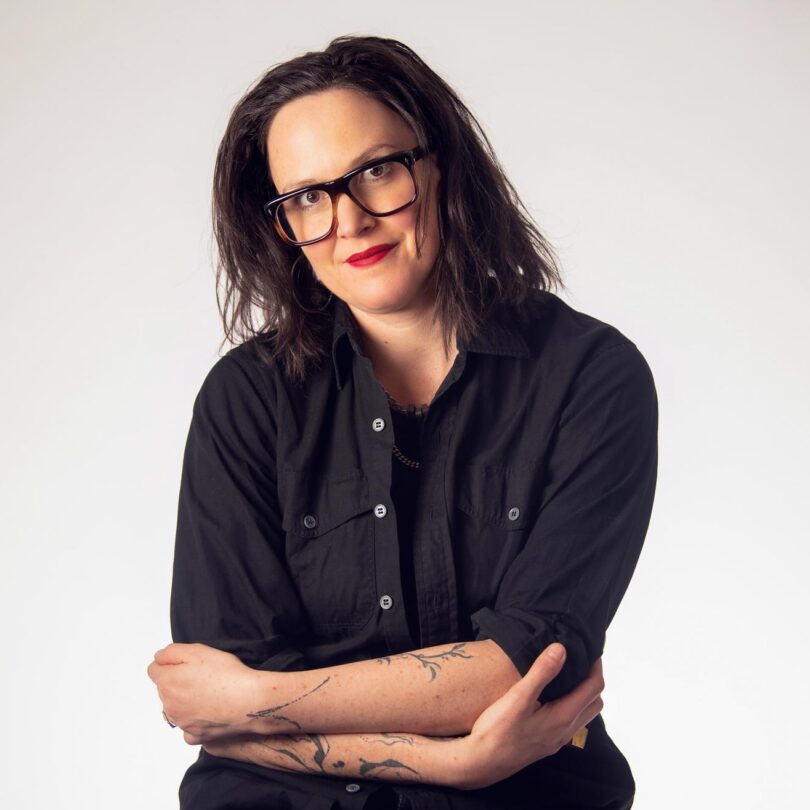
T.L. Cowan is Assistant Professor in the Department of Arts, Culture, and Media. Her research focuses on cultural and intellectual economies and networks of trans- feminist and queer (TFQ) and other minoritized digital media and performance practices. During the faculty fellowship, Dr. Cowan will work on her second book project, The Needs of Others: On Trauma, Media & Disorder, a collection of essays, stories, and performance texts that bring together TFQ theories and adaptive, auto-ethnographic methods towards a praxis of Post-Traumatic Stress Disorder (PTSD) and Attention Deficit Hyperactivity Disorder (ADHD)-informed scholarship and pedagogy. This will inform her year-long research project “Assisted Living in the Life of the Mind: Building Trans- Feminist & Queer Mental Health and Accessibility Networks in the University,” in which she will work toward a collective understanding about how interlocking systems of oppression shape experiences of being disabled in and by the university and its cultures—and the ways that race, ethnicity, class, citizenship, sex, gender, and sexuality all shape TFQ neurodiverse and other embodiments of crip living in the academy. The project thinks through how “assisted living” might be imagined and realized in non-deficit and non-assimilationist ways at the University of Toronto and beyond. Extending Judith Butler’s questions posed in a 2015 conversation with disability activist, artist and scholar Sunaura Taylor—“Do we or do we not live in a world in which we assist each other? Do we or do we not help each other with basic needs? And are basic needs there to be decided on as a social issue, and not just my personal issue or your personal issue?”, this project asks: do we or do we not live “a life of the mind” in which we assist each other? And how does a life of the mind in which we assist each other usefully challenge intense individualism as the central operating logic of academic culture?
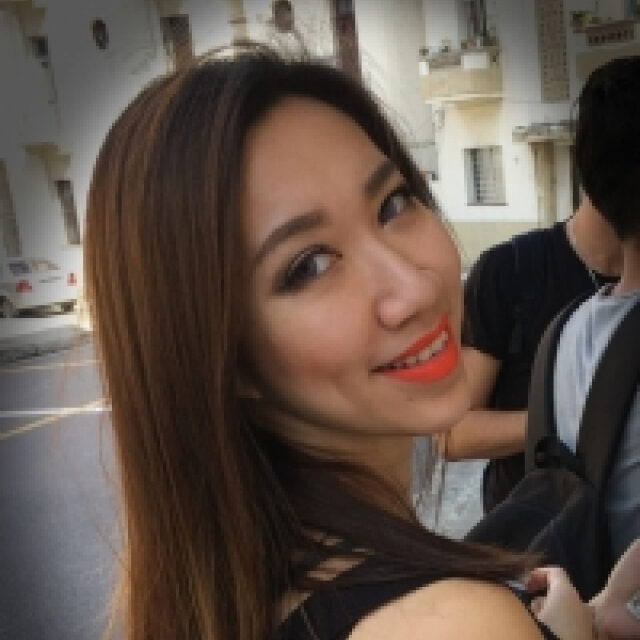
Shana Ye is Assistant Professor of Women and Gender Studies, UTSC. Her research lies at the intersection of queer social reproduction, transnational feminism, queer cinema, post/socialist studies and theories of affect and trauma. She will spend her time at the lab revising her book manuscript Red Father, Pink Son: A Queer Journal to Chimerica. Weaving ethnography, history, memoir, fiction, and cultural critique into one another, Red Father, Pink Son traces how the economy of queerness is predicated on the socioeconomic interdependence of China and the United States since the late Cold War. Centering on “impossible” subjects such as sodomites in the Cultural Revolution, rural queer migrants, gay men in HIV/AIDS movements, LGBT activists in the institutionalization of queer Chinese studies, and transnational grassroots queer/feminist activism, Dr. Ye’s project brings to the forefront questions of representation, queer modes of knowing, and the sexualized, gendered, and racialized power relations in transnational queer praxis.
Community Leadership Residencies
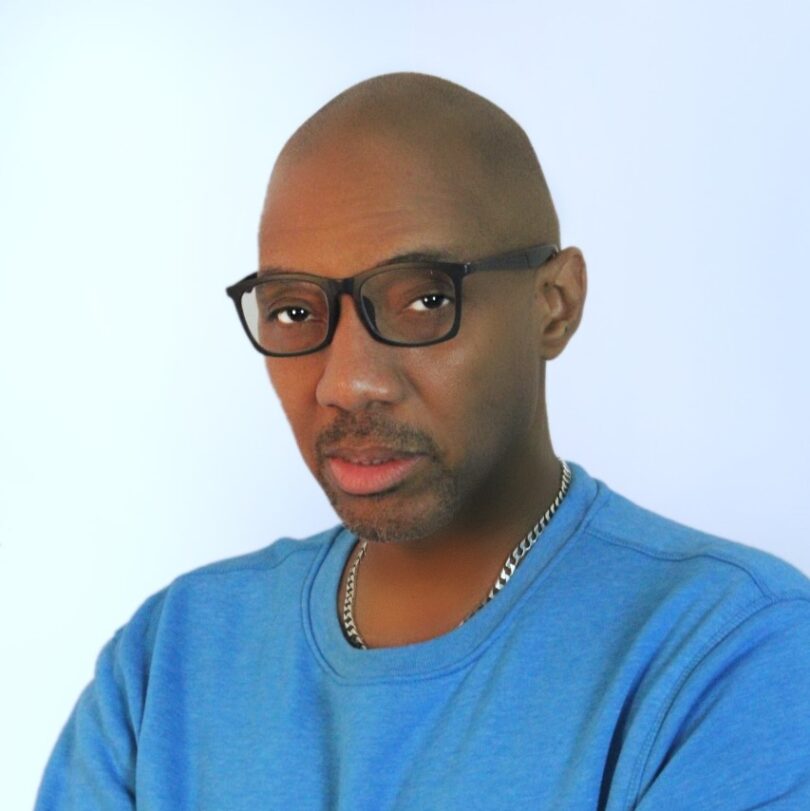
Alphonso King Jr., (AKA Jade Elektra or DJ Relentless), is a drag recording artist, DJ, actor, writer, and HIV activist. He has a longstanding history and commitment to working within the HIV/AIDS community in the GTA as a frontline activist and community organizer. In 2012 he founded the POZ-TO events (monthly social events for HIV+ communities as well as their allies). In 2013, he started the POZ-TO Awards to recognize local heroes doing the work of activism and fundraising for people living with AIDS. In 2019, he began POZPLANET Magazine to create a space where HIV+ Communities could share their stories and talk freely about their issues without censorship or pharmaceutical company advertisements. During his year with the Queer and Trans Research Lab at the Bonham Centre, King will build on and his expand his work on POZPLANET Magazine and the POZ-TO Awards in a year-long project he calls “HIV is Everyone’s Business.
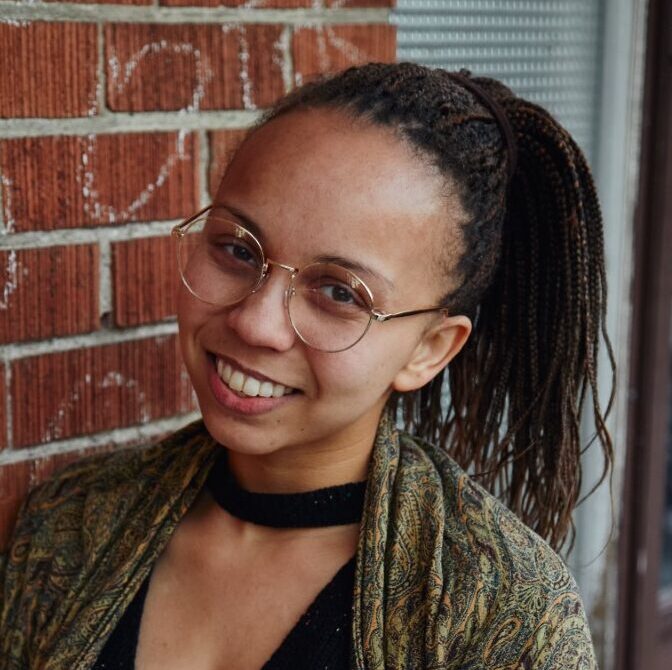
Ellie Ade Kur is a sex worker justice organizer engaged in community work that strengthens Black sex worker mutual aid efforts. Building on her doctoral research in Human Geography and Urban Planning at the University of Toronto as well as archival work on the City of Toronto’s development and enforcement of regulatory frameworks targeting sex workers at licensed venues and broader policing efforts to clear local strolls of street-based sex workers, Ade Kur’s project, in collaboration with Maggie’s Toronto, will host community consultations for sex workers and develop digital resource guides and a virtual workshop series to support community members in navigating criminalization and stigma – including best practices in navigating issues of discrimination, workplace harassment, physical and sexual assault on the job and more. These educational workshops and resources will inform the creation of anti-stigma resources for social service agencies, the public, and local regulatory bodies such as the City of Toronto, the Toronto Police Service, the Municipal Bylaw and Standards Division, with the long-term goal of expanding and improving the relationship between sex workers and local stakeholders.
Graduate Research Assistants
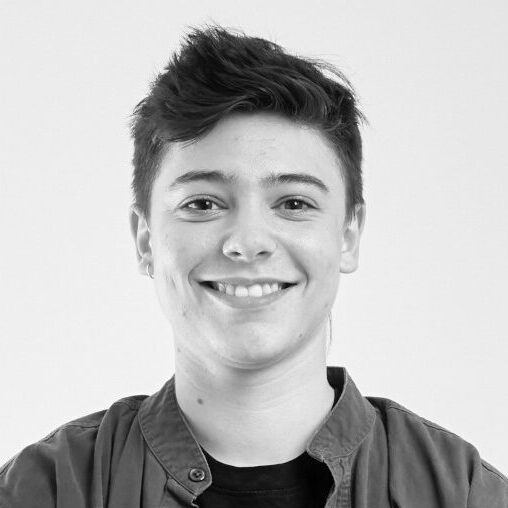
Elio Colavito, History and Sexual Diversity Studies
Dissertation Project: “A Little Help from my Friends: Transmasculine Mutual Aid in North America, 1970-2000,”
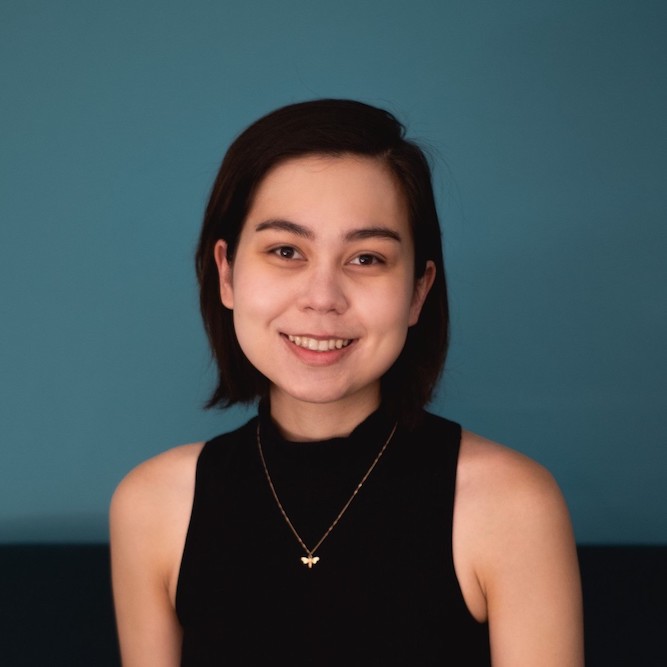
Kanika Lawton, Cinema Studies and Sexual Diversity Studies
Dissertation Project: “Surveillance Studies, Hypervisibility, and Queer and Trans Survival”
Graduate Dissertation Completion Award Recipients:
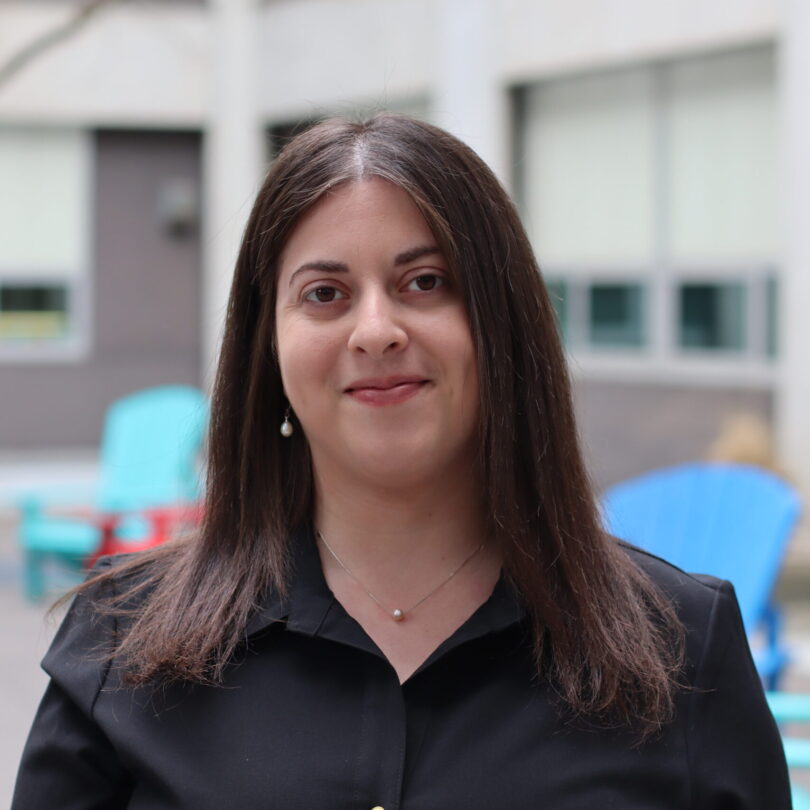
Anna Kozak, English and Sexual Diversity Studies
Dissertation Project: “Gender, Genre, and the Queer American Autobiography”
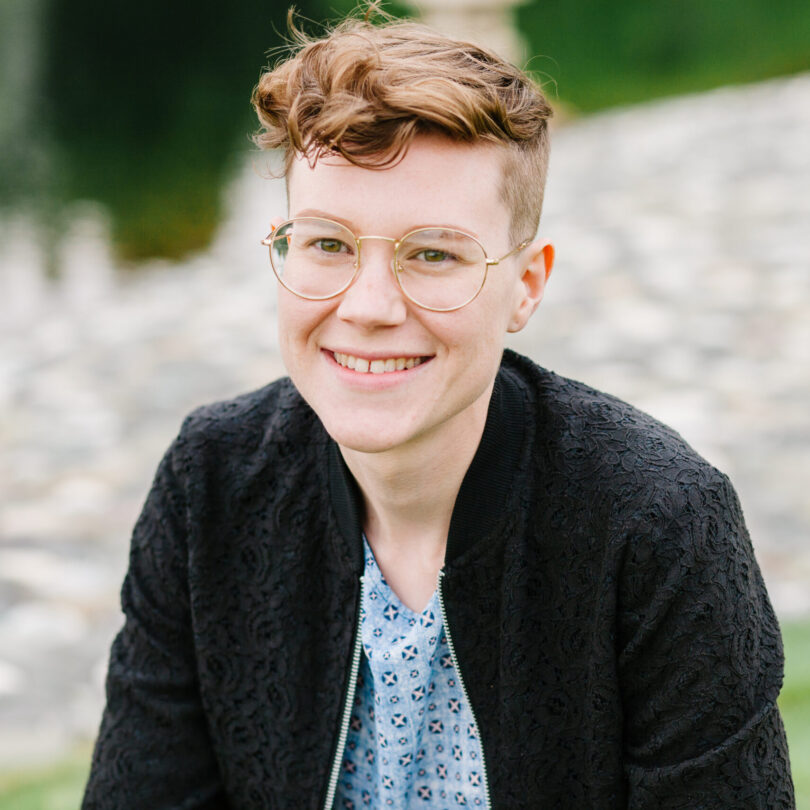
Camille Rogers, Faculty of Music and Sexual Diversity Studies
Dissertation Project: “Listening for a Queer Utopia”
Undergraduate Research Assistants
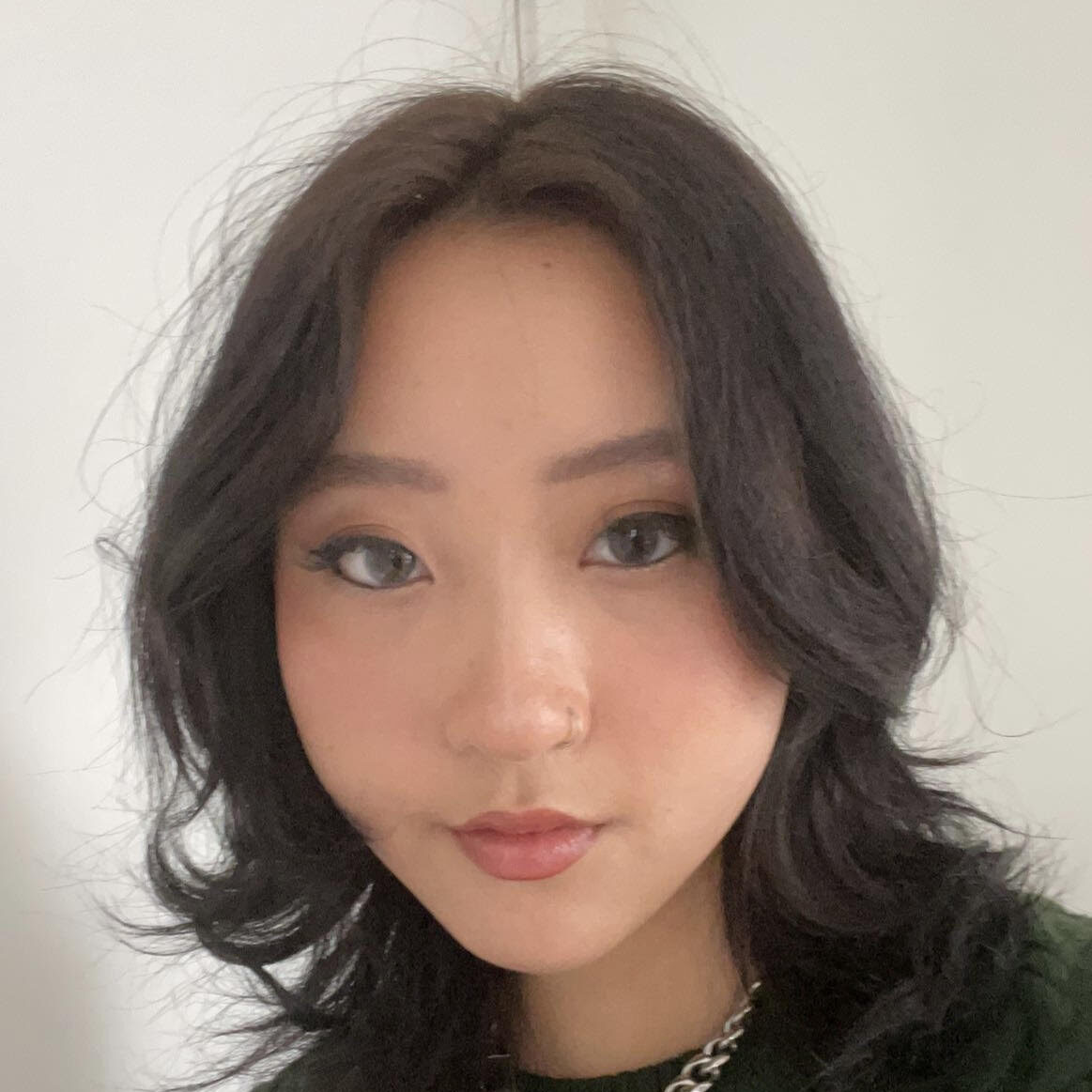
Carrie Liu
Sexual Diversity Studies
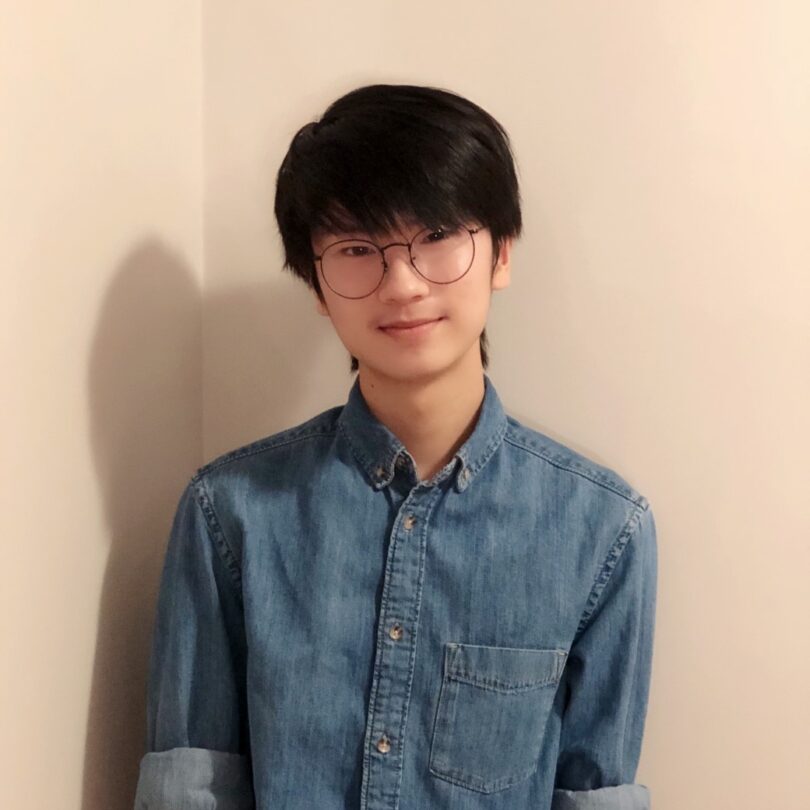
Henry Yang
Sexual Diversity Studies
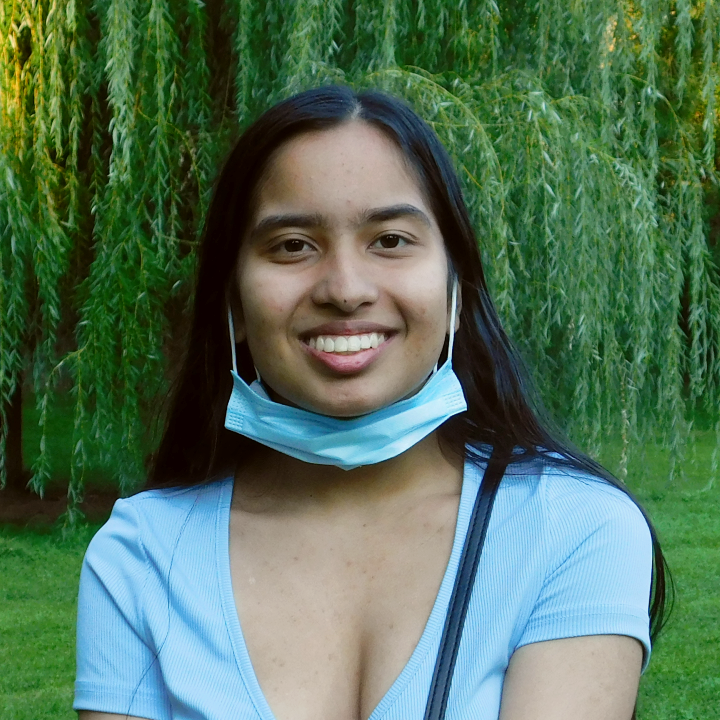
Annisa Azhar
Sexual Diversity Studies
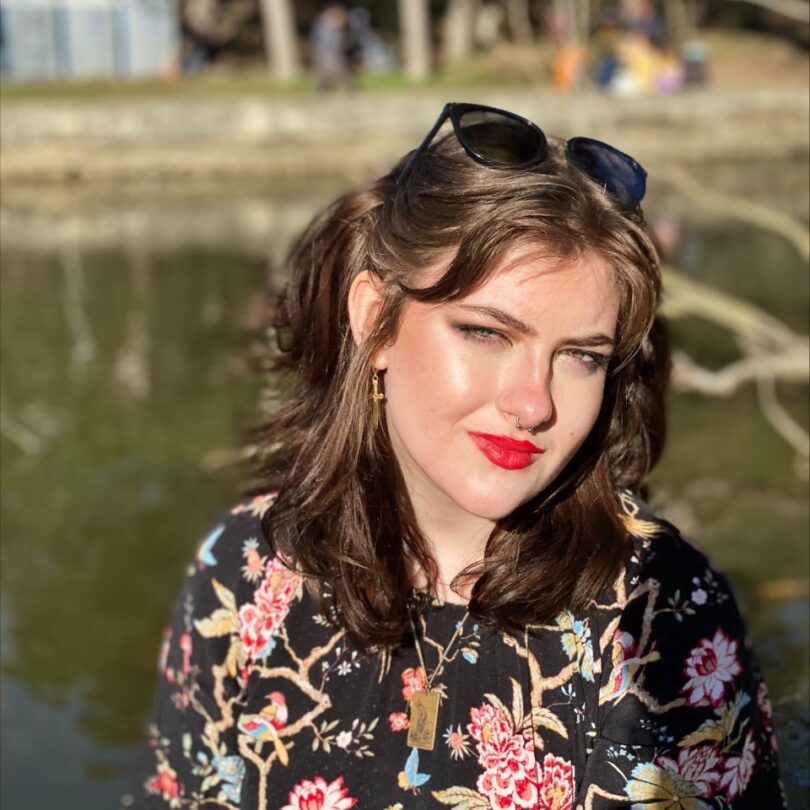
Zoe Faber
Sexual Diversity Studies
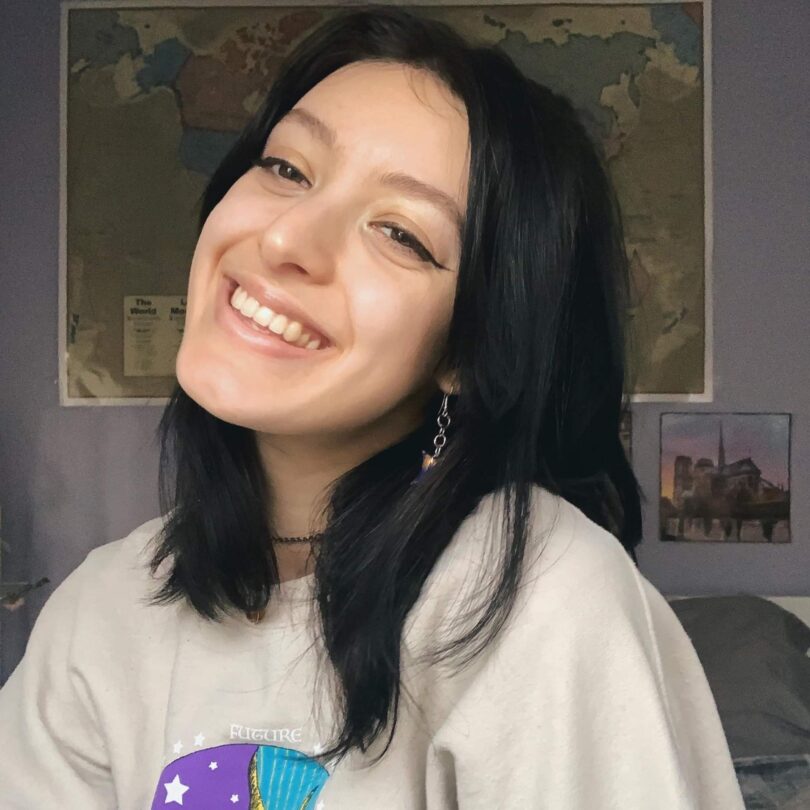
Ezra Skandalakis
Sexual Diversity Studies
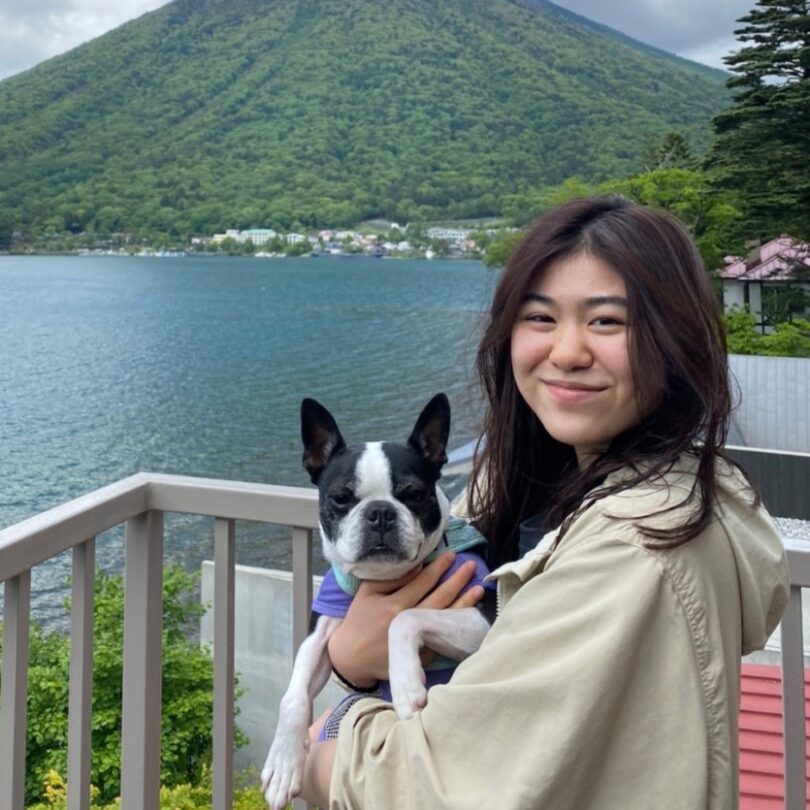
Luna Okazaki
Sexual Diversity Studies
Emerging Project Fellowships
1) Black Gender-Expansive Youth: Exploratory Research on the Lives of Black Gender- Expansive Youth in School, Family, and Community
Principal Investigators:
J. Garrett-Walker, APHD, OISE, UofT
Lance McCready, LHAE, OISE, UofT
Tanitia Munroe, LHAE (PhD candidate) and Senior Research Coordinator, Centre for Black Excellence, Toronto District School Board
Recent research has shown that 40% of 2SLGBTQI+ individuals endorsed expansive sexual identities (i.e., asexual, pansexual, and queer) outside of traditionally defined sexual identities (i.e., lesbian, gay, bisexual, heterosexual) while 34% of participants indicated an expansive gender identity (i.e., transgender, genderqueer/non-binary and “other”—agender, androgynous, or bigender). However little work has examined how Black gender expansive youth understand, conceptualize, or experience their gender at the intersection of their other identities (such as race, sexuality, religion). Their experiences of identity development and community dynamics have a long-standing history in the socio-political and cultural landscape of their educational acquisition. Black queer and trans youth are oftentimes rendered invisible within educational contexts and are also profoundly aware that if they choose to be “out,” this visibility may also add another layer of vulnerability. Research with Black 2SLGBTQI+ youth in Canada remains nascent in its scope, and what available literature does exist, lacks deep insight into the experiences of Black gender expansive youth. In collaboration with the Toronto District School Board the current study seeks to explore Black queer youth’s experiences. This study hopes to 1) gain insights into the experiences of gender expansive Black young people and 2) begin the process of developing best practices for supporting them in their schools and communities.
2) End of the Line Press: a publisher of poetry, prose, and visual art monographs by
trans, non-binary, and Two-Spirit artists
Primary Investigators:
Hugh O’Neill, PhD Candidate, Centre for Comparative Literature
Sarah Dowling, Assistant Professor, Centre for Comparative Literature
Rebecca Comay, Professor, Centre for Comparative Literature and Department of Philosophy
The first of its kind, End of the Line Press will be an independent publisher of prose, poetry, and visual arts monographs with a focus on support for emerging trans, non-binary, and Two-Spirit creators. As the organization grows in the coming years, the press will form a worker cooperative constituted by its authors, editors, designers, and artists. The primary goal is to enable and to uplift emerging authors and artists by offering editorial assistance tailored to their projects and promotional backing to advance their work and build their audiences. Established artists will provide guidance for each author to be published, thereby ensuring that they have a network of encouraging readers and designers with which to work in collaboration. Trans literature, as a nascent tradition, is making space for itself in universities and on library shelves. End of the Line Press aims to be a part of this growth and to shift the power of representation, especially in gender expression and identity, from media industries writ large to the very artists who do the creative labour yet lack institutional access and support. End of the Line Press will welcome prose of all genres, such as Young Adult novels, essay collections, memoirs, cookbooks, and short story collections.
3) Full Moon Fire Keeping Capacity Building in Toronto
Primary Investigators:
Katherine Yee (MA Student, Geography and Planning)
Rebecca Beaulne-Stuebing (PhD Candidate, OISE)
Dr. Angela Mashford-Pringle (Public Health)
Dr. Michelle Daigle (Geography and Planning)
Co-Researchers: Shane Camastro (MSW Student, Indigenous Trauma and Resiliency)
Andrea Bastien (Indigenous Land Stewardship Circle)
Marie Laing (MA graduate, OISE; Community Researcher)
Erica Violet Lee (MA graduate, OISE; Writer and Community Organizer)
Jordan Tabobondung (Community Educator)
Erika Pulfer (Community Educator)
Sheri Osden Nault (Artist and Educator)
The Full Moon Fire Keeping Capacity Building Project will engage a research collective of Indigenous women, two spirit and LGBTQ+ indigenous people in a process of relationship building, dialogue, knowledge-sharing, and mentorship to develop community capacity for
keeping of sacred fires in the context of full moon ceremonies in Toronto. The need for this project was identified by Indigenous graduate students at the University of Toronto and their communities and responds to Toronto Indigenous community needs by addressing insufficient access to safe, knowledgeable firekeepers to support sacred fires for community full moon ceremonies. The project is focused on learning from Indigenous women and two spirit people about what safety and welcoming can mean in relation to sacred fires and full moon ceremonies. The project will bring ceremony Elders, knowledge keepers, helpers, and learners together to facilitate mentorship and co-learning through stories, practice, and knowledge sharing around sacred fires. The purpose of this project is to support Indigenous women, two spirit, and LGBTQ+ indigenous people in making our own fires. By reducing barriers to access skills, knowledge, and teachings in relation to sacred fires, this research aims to build community relationships and capacity. The project will be collaboratively facilitated by Indigenous community members as co-researchers and co-learners.

